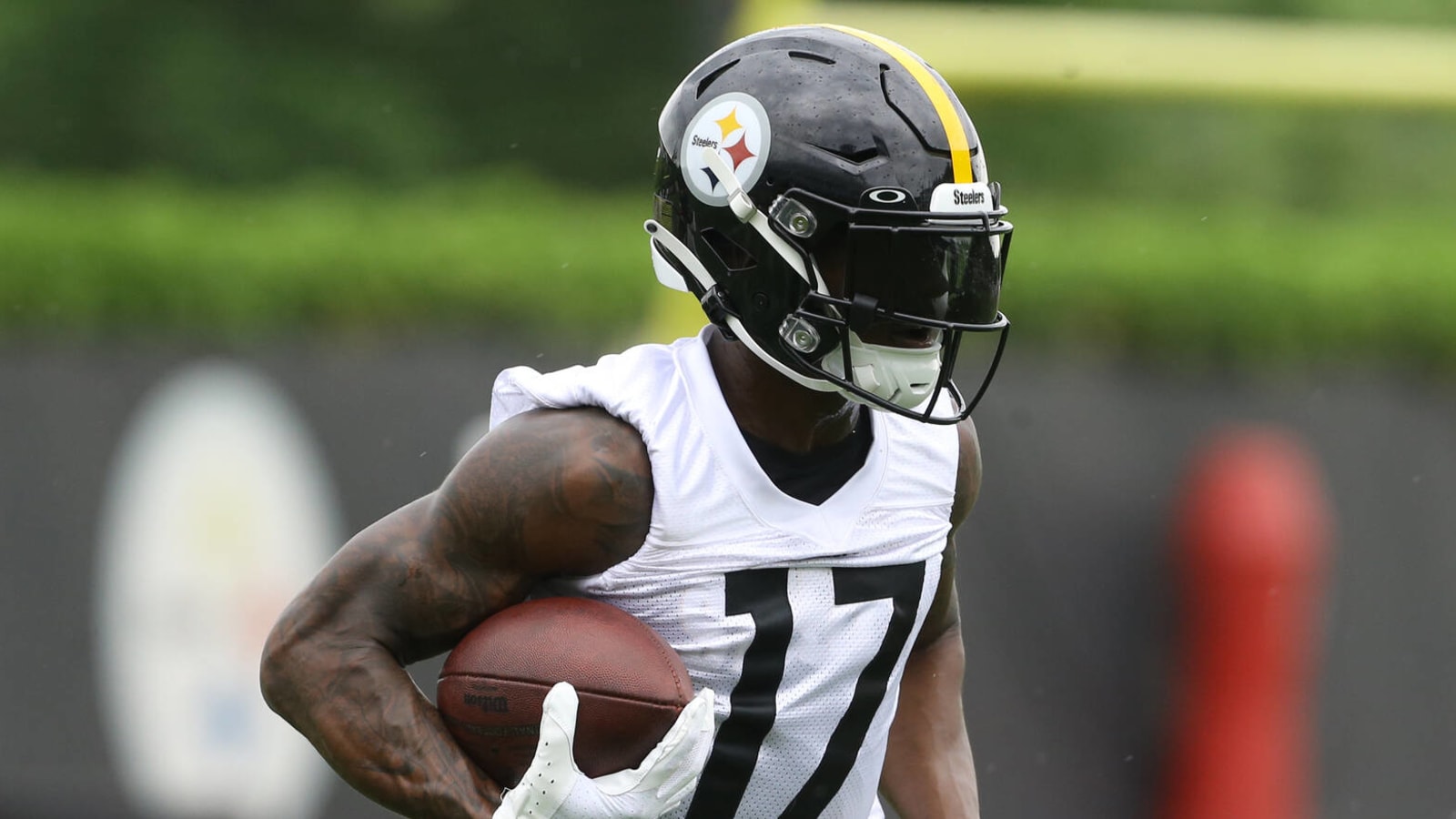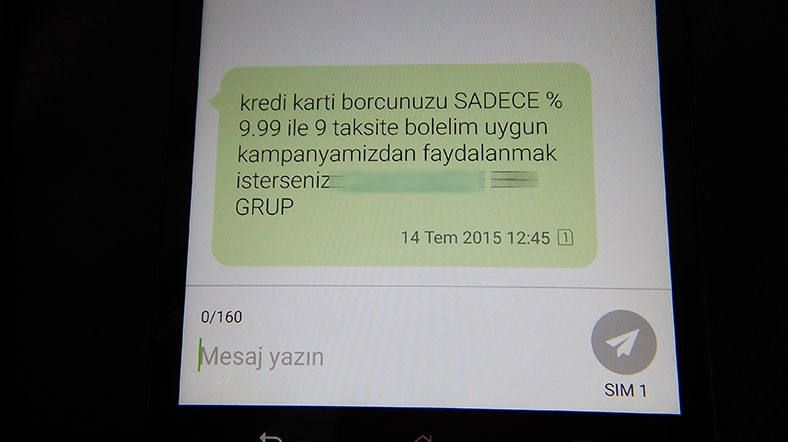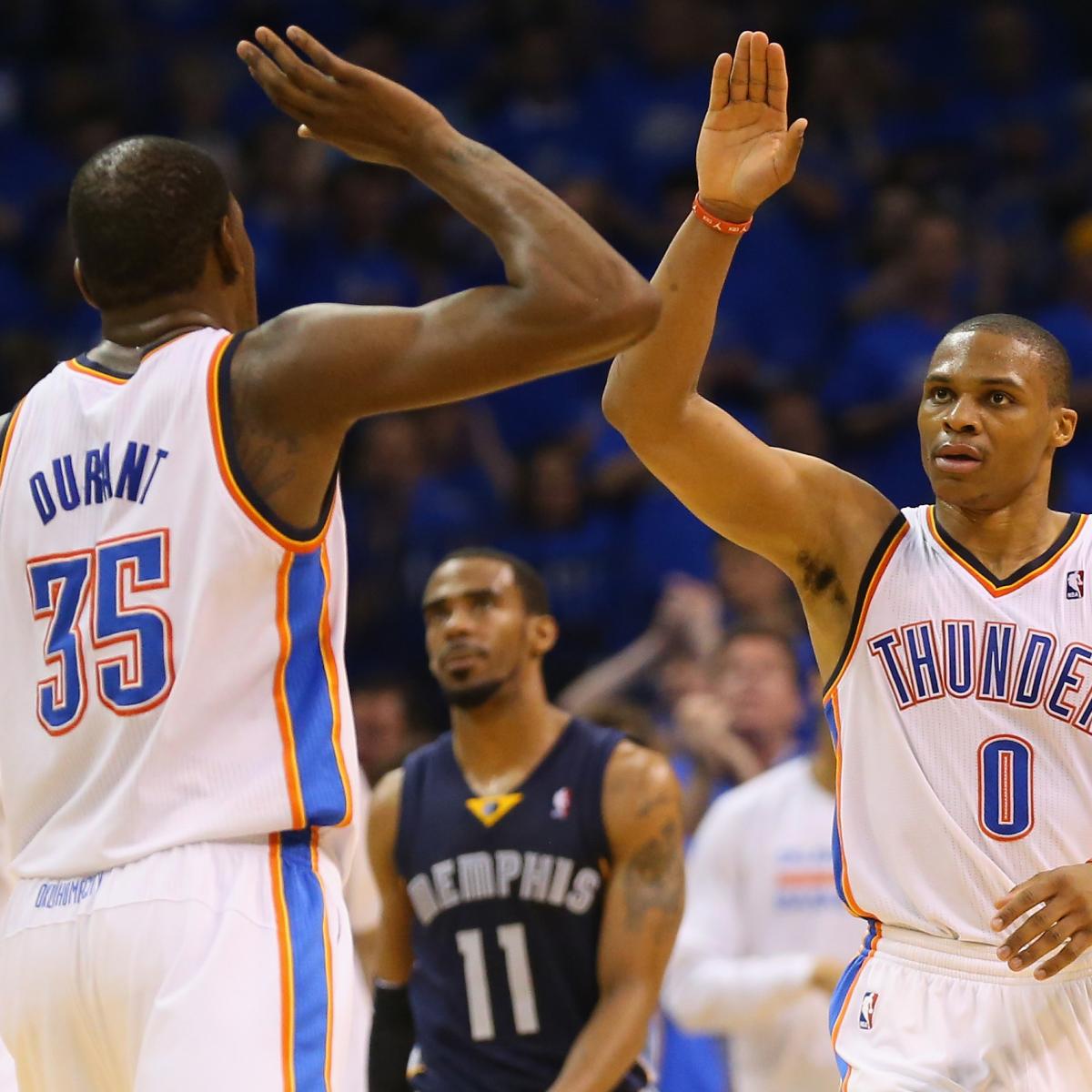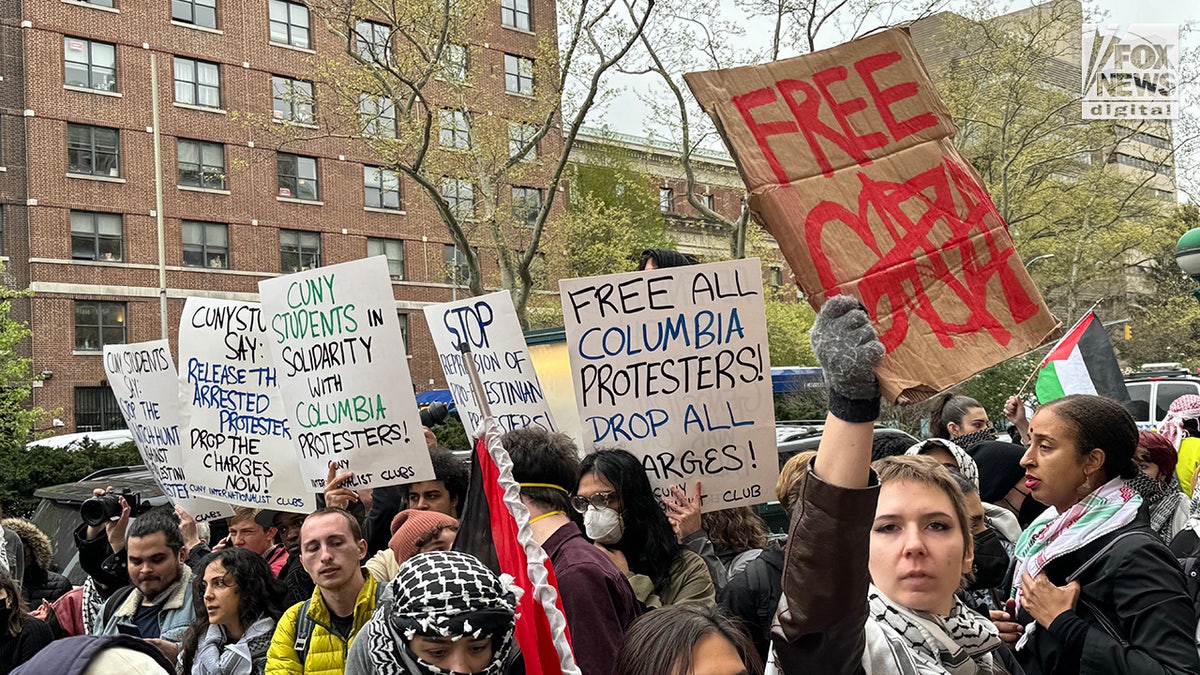Tatum Under Fire: Colin Cowherd's Post-Game 1 Critique

Table of Contents
Cowherd's Key Criticisms of Tatum's Game 1 Performance
Colin Cowherd's critique of Jayson Tatum's Game 1 wasn't subtle. He zeroed in on several key areas, highlighting what he perceived as significant flaws in Tatum's performance.
Lack of Aggressiveness
Cowherd repeatedly emphasized Tatum's perceived passivity. He argued that Tatum, a player capable of dominating games, seemed hesitant to take control, especially in crucial moments.
- Example 1: Cowherd cited a specific late-game possession where Tatum passed up an open jump shot, opting instead for a less-efficient play.
- Example 2: He pointed to several instances where Tatum deferred to teammates, even when he had a clear mismatch.
- Statistics: Cowherd likely referenced Tatum's lower-than-usual field goal percentage in Game 1 (hypothetically, let's say 38%, significantly below his season average). This statistic underscored his argument about Tatum's lack of assertiveness.
- Counterargument: Some might argue that Tatum was trying to involve his teammates and facilitate the offense, showcasing his playmaking abilities. However, Cowherd countered that such attempts came at the expense of his own scoring potential.
Turnover Issues and Decision-Making
Cowherd also heavily criticized Tatum's decision-making and the resulting turnovers. He suggested that several of Tatum's turnovers were avoidable, stemming from poor shot selection and forcing plays.
- Example 1: A forced pass into double coverage resulting in a turnover.
- Example 2: A contested three-pointer with the shot clock winding down.
- Statistical Analysis: Let's hypothesize that Tatum committed 5 turnovers, a high number for him. Cowherd likely highlighted the impact of these turnovers on the Celtics' overall offensive flow and the game's momentum.
- Impact: These turnovers, Cowherd argued, directly contributed to the Celtics' loss and demonstrated a lack of composure under pressure.
Defensive Shortcomings
While primarily known for his offensive prowess, Cowherd didn't shy away from assessing Tatum's defensive performance. He pointed to instances where Tatum seemed disengaged or out of position.
- Example 1: Cowherd might have cited a missed defensive assignment leading to an easy basket for the opposing team.
- Example 2: He could have mentioned a lack of physicality and intensity on the defensive end.
- Strategic Implications: Cowherd likely connected Tatum's defensive lapses to the team's overall defensive strategy, arguing that a superstar player should be a consistent presence on both ends of the court.
The Broader Context: Tatum's Playoff History and Expectations
Cowherd's critique needs to be viewed within the context of Tatum's playoff history and the immense expectations placed upon him. "Playoff Tatum" has become a recurring theme, highlighting the perceived inconsistency in his performance during the postseason.
- Past Playoff Performances: A review of Tatum's past playoff runs would be necessary to establish whether Cowherd's criticisms are new or reflect a pattern of performance.
- High Expectations: Tatum is a max-contract player, considered the face of the Celtics franchise. The pressure to perform at an elite level in the playoffs is immense.
- Franchise Player Status: The high expectations placed on Tatum are justified due to his talent and contract, making his struggles in Game 1 all the more significant.
Reactions and Counterarguments to Cowherd's Analysis
While Cowherd's analysis was sharp, it wasn't universally accepted. Many have offered counterarguments and alternative perspectives.
- Other Analysts' Opinions: Other sports commentators might have offered different interpretations of Tatum's performance, focusing on mitigating factors or emphasizing positive aspects of his game.
- Fan Reactions: Fan opinions would naturally be divided, with some agreeing with Cowherd's assessment and others defending Tatum.
- Mitigating Factors: Factors such as fatigue, the opponent's defensive scheme, or even the pressure of the playoffs could be cited as mitigating factors affecting Tatum's performance.
Conclusion: The Verdict on Tatum and the Path Forward
Colin Cowherd's critique of Jayson Tatum's Game 1 performance highlighted concerns about a lack of aggressiveness, turnover issues, and defensive shortcomings. It's crucial to analyze this within the broader context of Tatum's playoff history and the immense expectations placed upon him as a franchise player. Cowherd's assessment certainly puts Tatum under fire, but the question remains: How will he respond?
What are your thoughts on Cowherd’s assessment? How can Tatum improve for Game 2? Share your opinions on #TatumUnderFire #Celtics #NBAPlayoffs and join the discussion!

Featured Posts
-
 Browns Sign Veteran Wide Receiver And Return Specialist Report
May 08, 2025
Browns Sign Veteran Wide Receiver And Return Specialist Report
May 08, 2025 -
 Sms Dolandiriciligi Sikayetlerinde Artis
May 08, 2025
Sms Dolandiriciligi Sikayetlerinde Artis
May 08, 2025 -
 Oklahoma City Thunder Vs Memphis Grizzlies A Crucial Matchup
May 08, 2025
Oklahoma City Thunder Vs Memphis Grizzlies A Crucial Matchup
May 08, 2025 -
 De Andre Hopkins Joins The Ravens Contract Details And Impact
May 08, 2025
De Andre Hopkins Joins The Ravens Contract Details And Impact
May 08, 2025 -
 Dwp Increases Home Visits Impact On Benefit Claimants
May 08, 2025
Dwp Increases Home Visits Impact On Benefit Claimants
May 08, 2025
Latest Posts
-
 Community Colleges Get 56 M To Combat Nursing Crisis
May 09, 2025
Community Colleges Get 56 M To Combat Nursing Crisis
May 09, 2025 -
 Anchorage Protests Thousands Demonstrate Against Trump Policies Again
May 09, 2025
Anchorage Protests Thousands Demonstrate Against Trump Policies Again
May 09, 2025 -
 56 Million Boost For Community Colleges To Tackle Nursing Shortage
May 09, 2025
56 Million Boost For Community Colleges To Tackle Nursing Shortage
May 09, 2025 -
 Second Wave Of Anti Trump Protests Sweeps Anchorage
May 09, 2025
Second Wave Of Anti Trump Protests Sweeps Anchorage
May 09, 2025 -
 Thousands Return To Anchorage Streets To Protest Trump Administration Policies
May 09, 2025
Thousands Return To Anchorage Streets To Protest Trump Administration Policies
May 09, 2025
